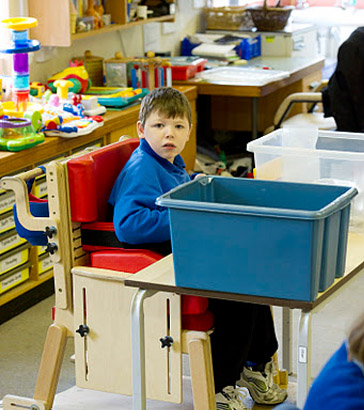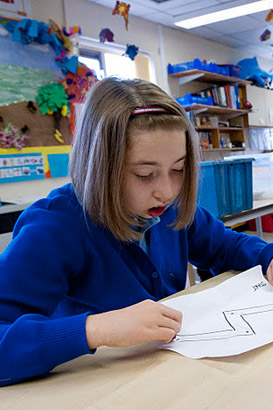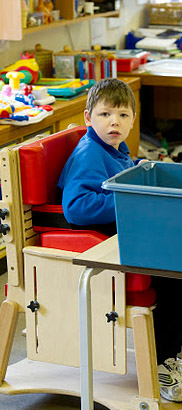
It is not just from birth that families receive news of diagnosis. Families can often learn of diagnoses such as Autism Spectrum Disorder and Foetal Alcohol Spectrum Disorder when their child is at school age, some as late as their early teens.
This can be difficult for some, but for others it can be a relief to finally get a reason for their child's state of development and behaviours. A named condition can bring families practical as well as emotional support by reducing feelings of isolation and confusion.
Jade
-
 Jade 1 (part one)1.12Jade's mother (Ali) talks about her concerns about Jade in the early years and the implications of her subsequent diagnosis of FASD.
Jade 1 (part one)1.12Jade's mother (Ali) talks about her concerns about Jade in the early years and the implications of her subsequent diagnosis of FASD. -
 Jade 2 (part two)1.02Jade's mother (Ali) talks about her concerns about Jade in the early years and the implications of her subsequent diagnosis of FASD.
Jade 2 (part two)1.02Jade's mother (Ali) talks about her concerns about Jade in the early years and the implications of her subsequent diagnosis of FASD.


Both my husband and myself were there and it was an initial
shock and we were very upset. It took a long time to get over the initial shock. But then it was a relief. We could start
to understand him and talk to him so that he could understand us.
Kingston, 2007

There was also a feeling of everything being out of control.
This 'thing' had invaded our lives and taken over. I couldn't make it go away. I couldn't even understand it. My beautiful
little boy had not changed but in reality everything had changed.
Morrell and Palmer, 2006

...in realizing his academic limitations I realised the
loss of my own dream for his future.
Carpenter, 2007

However, many families do cope well, and difficulties
are not inevitable.
Barnett et al, 2003

Families show how they can overcome feelings of negativity
and hopelessness, and find joy and love in their child. Relationships are re-cast; families find the power of optimism.
Larson, 1998

Some families may have to cope with a child who has a regressive disorder, where they watch their child's condition deteriorate.
For some children and young people, their condition may be acquired as a result of a road traffic accident or brain injury due to an illness such as a stroke.
This can be particularly hard for the child and the whole family as they come to terms with the profound change and sense of loss.


Families describe differing reactions to the birth [and
diagnosis] of their child with a disability. These can affect family dynamics and determine the ways in which professionals
can offer optimum support. It is important that professionals discover and respect these responses, so their intervention
programmes are appropriate instead of a result of their own assumptions about the family.
Carpenter, 2007
Listening to Jade's mother and reading what parents have said, make a list of some different ways in which discovering a child or young person's disabilities later can impact on a family.
What kind of support do you think they will need from professionals?

Barnett, D., Clements, M., Kaplan-Estrin, M. and Fialka, J. (2003) Building new dreams: supporting parents adaptation to their child with special needs', Infants and Young Children, 16 (3), 184-200.
Carpenter, B. (2007) Family structures. In: Early Support (ed.) Working in Partnership through Early Support: Distance learning text. London: Early Support.
Kingston, A.K. (2007) Mothering special needs: a different maternal journey. Jessica Kingsley Publishers.
Larson, E. (1998) Reframing the meaning of disability to families: the embrace of paradox, Social Science and Medicine, 47 (7), 865-875.
Morell, M. and Palmer, A. (2006) Parenting Across the Autism Spectrum, London/Philadelphia: Jessica Kingsley.